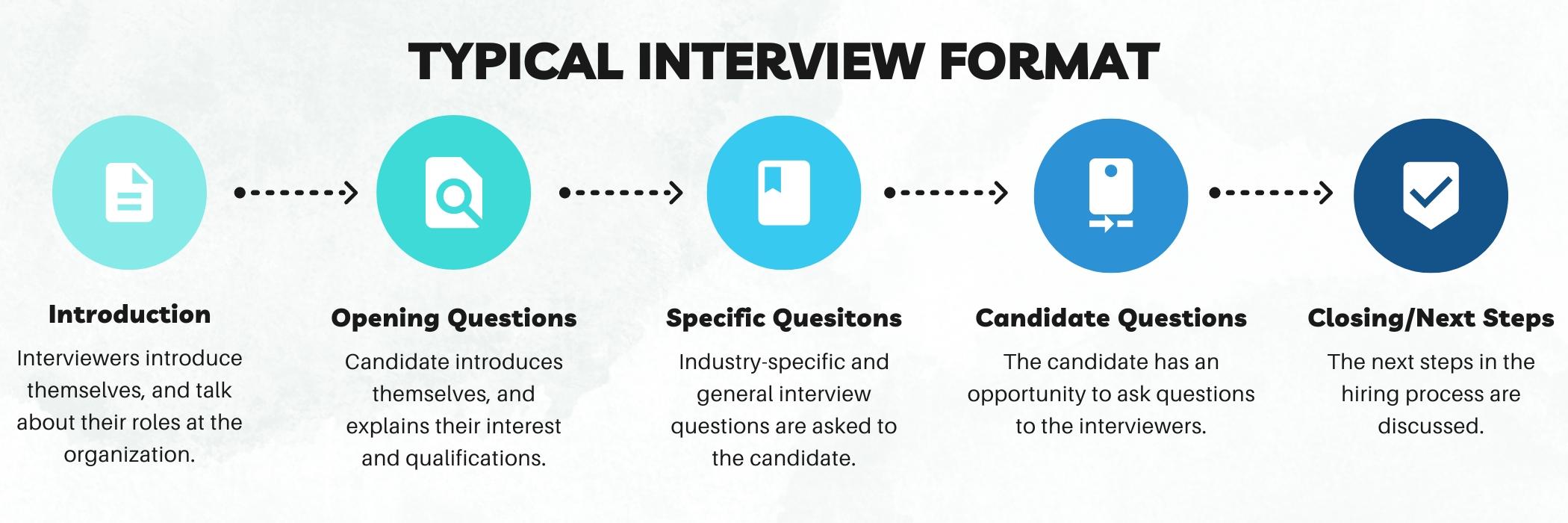: A Comprehensive Guide
In today’s competitive job market, the selection process for management roles has evolved into a multifaceted evaluation that extends beyond traditional interview techniques. As organizations seek leaders who not only possess technical expertise but also demonstrate exceptional interpersonal skills and strategic thinking, mastering the interview process has become imperative for candidates aspiring to ascend the corporate hierarchy. This article delves into the essential components of effectively navigating the interview landscape for management positions. We will explore the critical competencies that interviewers assess, the nuanced behavioral and situational questions that candidates may encounter, and the strategic frameworks that can be employed to articulate one’s qualifications compellingly. Through a detailed analysis of best practices, practical insights, and common pitfalls to avoid, this guide aims to equip potential managers with the tools necessary to distinguish themselves in high-stakes interviews, ultimately enhancing their prospects for securing coveted leadership roles.
Table of Contents
- Understanding the Unique Challenges of Management Interviews
- Key Skills and Competencies Evaluated in Management Positions
- Effective Preparation Strategies for Management Interviews
- Navigating Behavioral and Situational Questions in Management Interviews
- The Way Forward
Understanding the Unique Challenges of Management Interviews
Management interviews are distinct due to the multifaceted nature of leadership roles. Candidates must demonstrate not only their technical skills but also their capacity to inspire and guide teams. Interviewers often look for nuanced capabilities that indicate how well a candidate can handle the complexities of management, such as decision-making under pressure, conflict resolution, and strategic planning. This demands a comprehensive understanding of both organizational dynamics and interpersonal communication. Key factors to consider include:
- Leadership Style: Be prepared to explain your approach and its impacts on your team’s performance.
- Analytical Abilities: Showcase examples where data has driven strategic decisions.
- Vision Alignment: Illustrate how your professional ethos aligns with the company’s goals.
Another significant challenge in management interviews lies in the behavioral assessment. Interviewers often employ the STAR (Situation, Task, Action, Result) method to evaluate past experiences comprehensively. This necessitates that candidates articulate their responses clearly and concisely while highlighting the outcomes of their decisions. Understanding and preparing for this style of inquiry can be pivotal. Candidates should prepare real-world examples that illustrate their management qualities effectively while being ready for situational questions that solicit critical thinking and problem-solving skills. In preparing for behavioral questions, focus on:
- Specific Scenarios: Select examples that best represent your management capabilities.
- Measurable Results: Quantify the outcomes to reflect your impact tangibly.
- Lessons Learned: Be ready to discuss challenges faced and skills acquired through experiences.
Key Skills and Competencies Evaluated in Management Positions
In the competitive landscape of management roles, candidates are evaluated on a range of vital skills and competencies that align with organizational success. These core attributes not only influence a candidate’s ability to perform effectively but also their potential for leadership and long-term growth. Key areas of focus include:
- Leadership Ability: The capacity to inspire, motivate, and guide teams towards achieving strategic goals.
- Decision-Making Skills: The ability to analyze information critically and make informed choices under pressure.
- Communication Competence: Proficiency in conveying ideas clearly and effectively to diverse stakeholders.
- Strategic Thinking: The capacity to envision long-term goals and create actionable plans to achieve them.
- Emotional Intelligence: An understanding of one’s own emotions and the ability to empathize with team members.
| Skill | Description |
|---|---|
| Adaptability | Adjusting strategies and approaches in response to changing circumstances. |
| Conflict Resolution | Effectively addressing and resolving disputes to maintain team harmony. |
| Project Management | Overseeing projects from initiation to completion while managing resources efficiently. |
| Financial Acumen | Understanding financial metrics and making budgetary decisions aligned with business goals. |
Effective Preparation Strategies for Management Interviews
To excel in management interviews, it’s essential to employ a combination of strategic preparation techniques that reflect your qualifications while showcasing your leadership potential. Start by conducting a thorough analysis of the company and its culture. Understand their mission, vision, and values—this will enable you to tailor your responses to align with the organization’s goals. Preparing examples of past experiences that illustrate your managerial competencies, such as conflict resolution, team leadership, and project management, is equally critical. Use the STAR method (Situation, Task, Action, Result) to structure your responses clearly and effectively, allowing interviewers to see not just what you did, but how you achieved success and what impact it had.
Furthermore, practicing common management interview questions will solidify your confidence and fluency during the interview. Consider the following types of questions to prepare for:
- Behavioral questions: Focus on past experiences that demonstrate your decision-making and problem-solving skills.
- Situational questions: Analyze hypothetical scenarios where you need to showcase your leadership abilities.
- Strategic questions: Prepare to discuss industry trends and your vision for the role.
Conduct mock interviews with a colleague or mentor to receive constructive feedback, further refining your answers and delivery. Additionally, staying informed about recent industry developments can provide insightful conversation starters and demonstrate your genuine interest in the role and the company.
Navigating Behavioral and Situational Questions in Management Interviews
To effectively navigate behavioral and situational questions in management interviews, candidates must first understand the core competencies that interviewers are evaluating. These questions are designed to reveal your past behaviors and decision-making patterns, which are predictive of future performance. It’s essential to prepare by using the STAR method (Situation, Task, Action, Result), which allows you to structure your responses clearly and effectively. When formulating your answers, consider highlighting key skills such as:
- Leadership – Cite examples where you successfully led a team through challenges.
- Conflict Resolution – Share instances where you effectively resolved disagreements.
- Strategic Thinking – Discuss how you identified opportunities and shaped organizational goals.
- Adaptability – Illustrate how you navigated unexpected changes in a project.
When addressing situational questions, it’s crucial to demonstrate your analytical and problem-solving skills. Interviewers may present hypothetical scenarios to gauge your reactions and strategies. Prepare by practicing responses that showcase your ability to assess situations critically and implement effective solutions. Here’s a quick reference table to help you frame your responses:
| Scenario Type | Key Focus Areas |
|---|---|
| Team Management | Collaboration, Motivation |
| Project Deadline | Time Management, Prioritization |
| Budget Constraints | Resource Allocation, Creativity |
The Way Forward
mastering the interview process for management roles requires a multifaceted approach that combines strategic preparation, self-awareness, and effective communication. As candidates navigate through the various stages of the interview, from researching the organization to articulating their leadership philosophies, they must remain adaptable and responsive to the unique dynamics of each interaction. By honing key skills such as behavioral analysis, situational judgment, and emotional intelligence, individuals can significantly enhance their prospects of making a favorable impression on hiring decision-makers.
Furthermore, it is imperative for candidates to actively seek feedback and engage in continuous professional development, ensuring they are equipped to evolve alongside the demands of the modern workplace. In an era where the competitive landscape is ever-shifting, those aspiring to secure management positions must not only demonstrate their capability but also their intrinsic alignment with the values and vision of the organization they seek to join. Ultimately, a successful interview experience is not merely about securing a role, but about laying the foundation for a sustainable and impactful career in management. By implementing the strategies discussed in this article, candidates can position themselves as compelling leaders, ready to contribute meaningfully to their future organizations.






